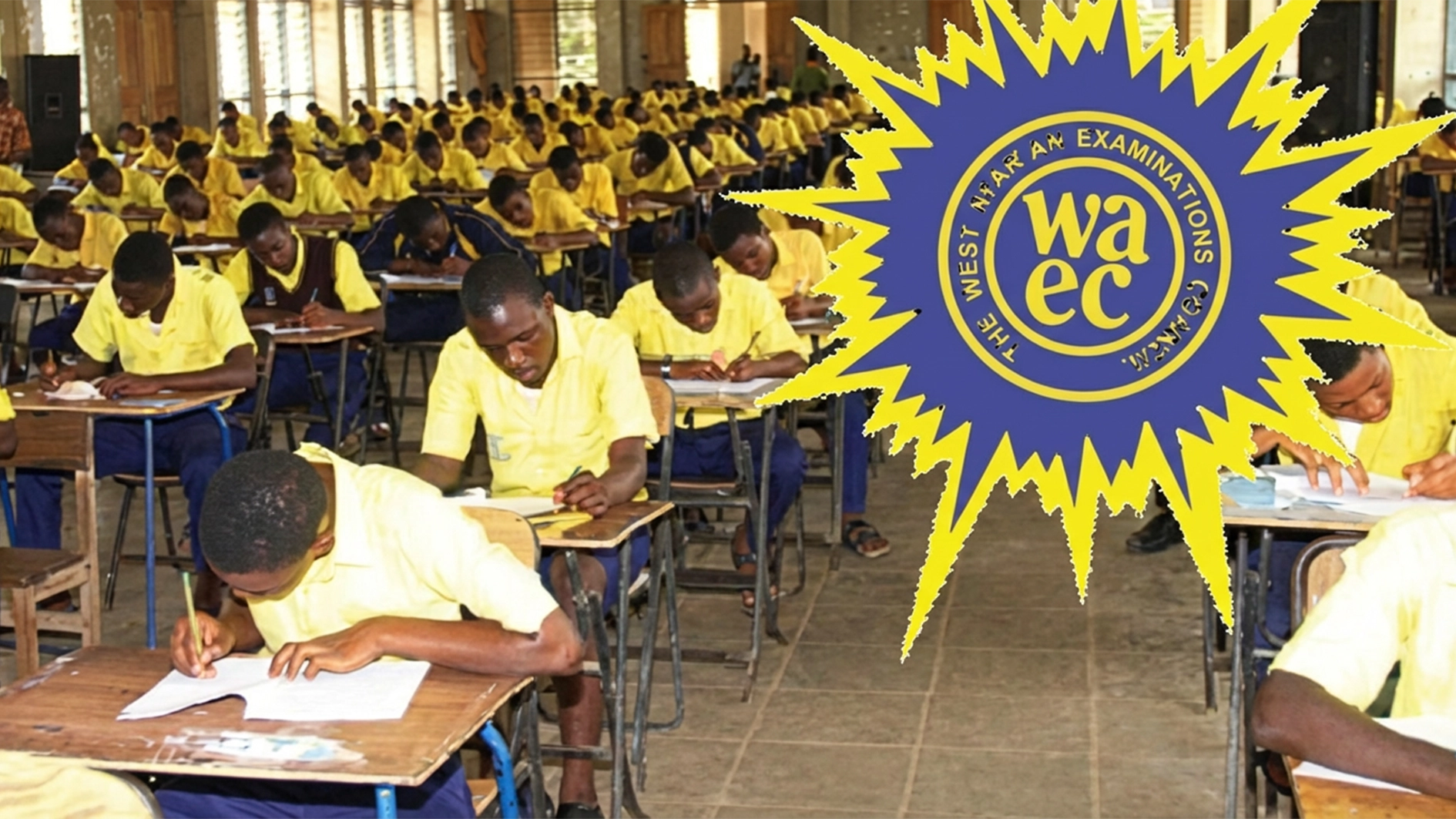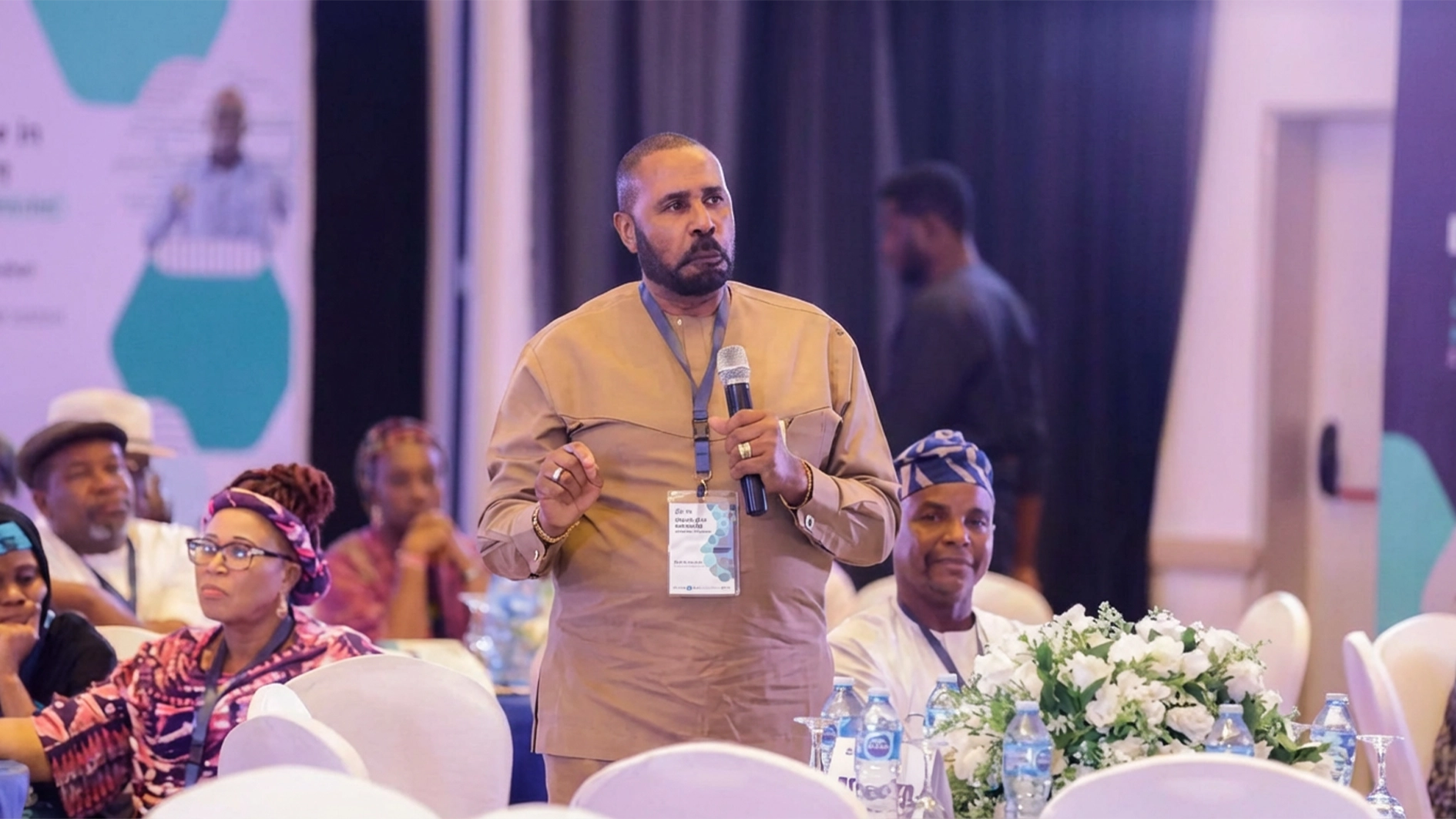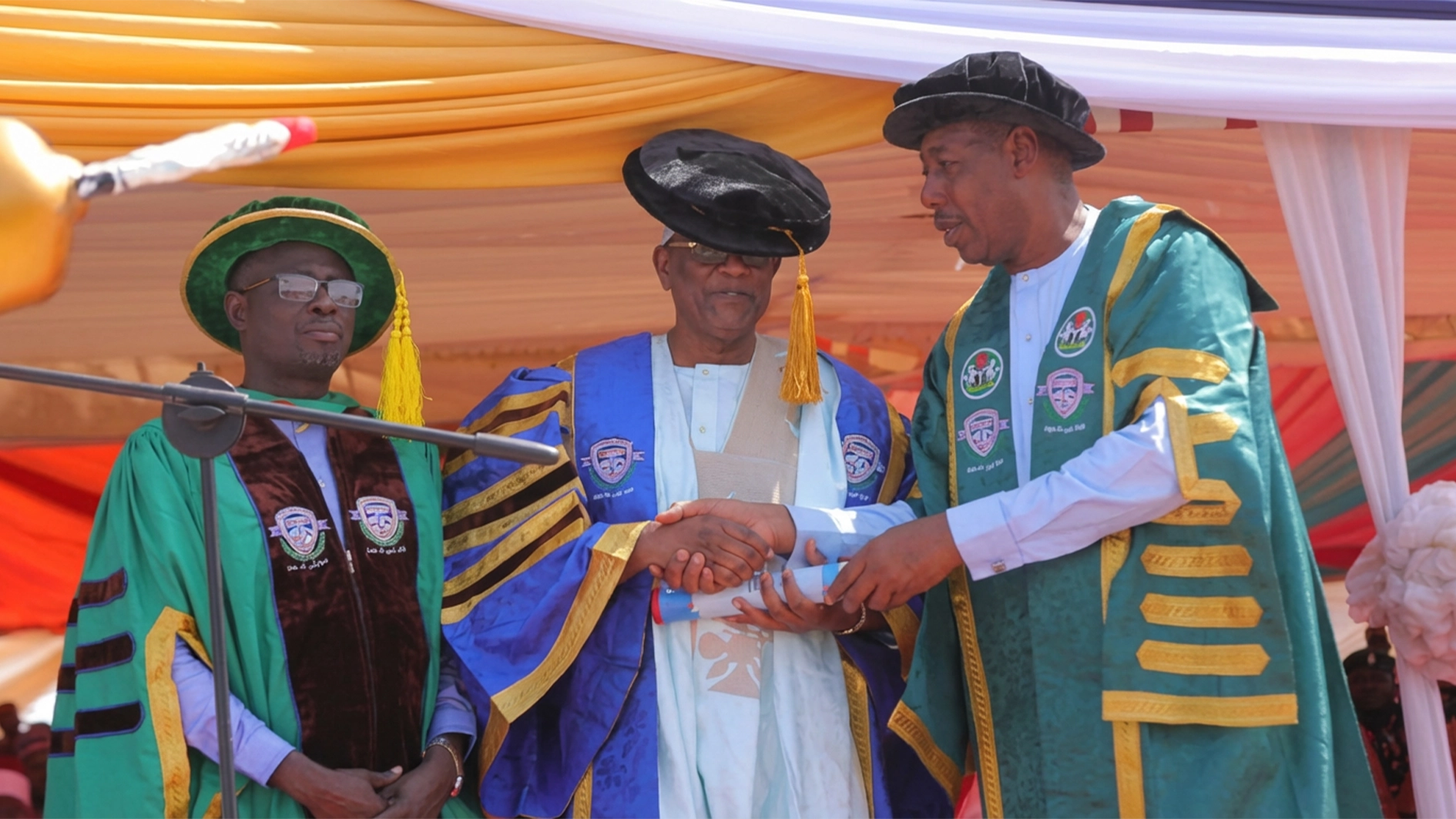Stakeholders in the education sector have advised students to move beyond paper qualifications and develop skills that will help them meet the demands of the modern job market.
They noted that the key to tackling the nation’s unemployment challenges is to ensure Nigerian graduates acquire skills relevant to 21st-century needs.
This was the view of various speakers at the 2025 Global Education Conference organised by StudyIn Nigeria, held in Lagos.
The event featured 15 global institutions, with their representatives providing direct engagement opportunities, admission requirements, and tailored pathways for Nigerian students.
Speaking at the event themed: ‘Degree with direction,’ the Dean, Lagos Business School, Olayinka David-West, said studying to obtain a degree is not about cramming content, but about building capabilities, and turning knowledge into competence.
David-West, who was represented by Henry Ogundolire, said a degree provides students with more insight into their direction.
“So, if you’re going to have degrees, you must have one with direction. We live in an era where the correlation between education and opportunity is being redefined. This is the world of Artificial Intelligence (AI), and having a degree is certainly no longer the final destination. It’s just the foundation.
“What really matters is what you can do with what you know, so think about it this way, every course you study is not just about mastering content, it’s about building capabilities,” he said.
Mary Agbu, Country Director of StudyIn Nigeria, said the conference aimed to support students studying in international destinations and Nigerian universities, and to bridge the knowledge gap, helping them become more purposeful and intentional in their study journey.
She said most students lack the skills employers are asking for, leading to business owners complaining about skills mismatch in the workplace.
Also, Agbu noted that many students complain of not having a good forum where they can actually make inquiries and have someone listen to them.
She added that students also want a forum for matching them with stakeholders as they seek the best educational opportunities and explore other career options available to them after graduation.
Agbu enjoined stakeholders to collaborate to change the entire concept of career and education, and to begin embracing the idea of understanding what works for people.
She pointed out that the engagement was designed to expose potential students to the benefits and challenges ahead, as well as the career pathways that could help them achieve their aspirations.






